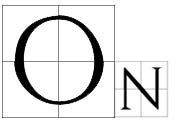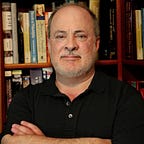The Roaring 20s Are Back
Will it lead to a world war again?
 On May 29, 1919, Arthur Eddington tried, for the third time, to confirm Einstein’s theory of General Relativity. He sent an expedition to the African island of Principe and went himself to the Brazilian town of Sobral to observe a solar eclipse. If Einstein was right, the eclipse would show a small displacement of light rays exactly as predicted by his equations. The weather cooperated and a few months later Eddington presented his findings to the world. The rays of light bent just as Einstein said they would. Newspapers picked up the story and Einstein became the most famous person in the world.
On May 29, 1919, Arthur Eddington tried, for the third time, to confirm Einstein’s theory of General Relativity. He sent an expedition to the African island of Principe and went himself to the Brazilian town of Sobral to observe a solar eclipse. If Einstein was right, the eclipse would show a small displacement of light rays exactly as predicted by his equations. The weather cooperated and a few months later Eddington presented his findings to the world. The rays of light bent just as Einstein said they would. Newspapers picked up the story and Einstein became the most famous person in the world.
The effects of the finding spread even further as there was a strong sense that a regime had been overthrown. Straight lines and algebraic equations bequeathed to us for centuries by scientists since Newton, no longer told the story of the universe. Common sense, no matter how deeply you looked, played little role in explaining the most profound truths of science. Reality was quirky, at times logic-defying, and even challenged the imagination.
The Roaring 20s had begun. Fascinating on its own, this history speaks directly to our current-day challenges. We have now entered the 2020s, which look to be startlingly similar to the 1920s. The relevance for today is that the 1920s asked a blunt question to…
